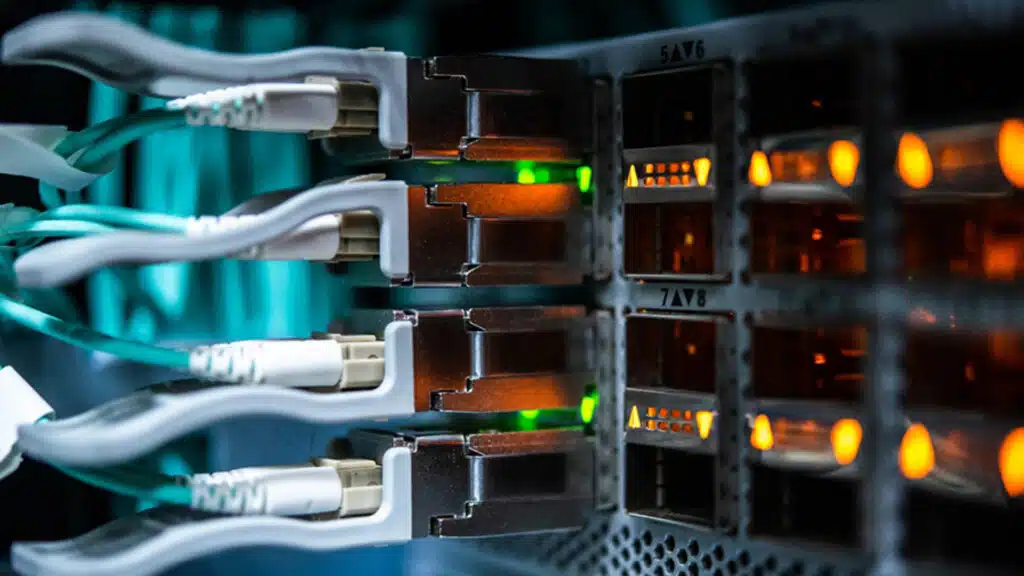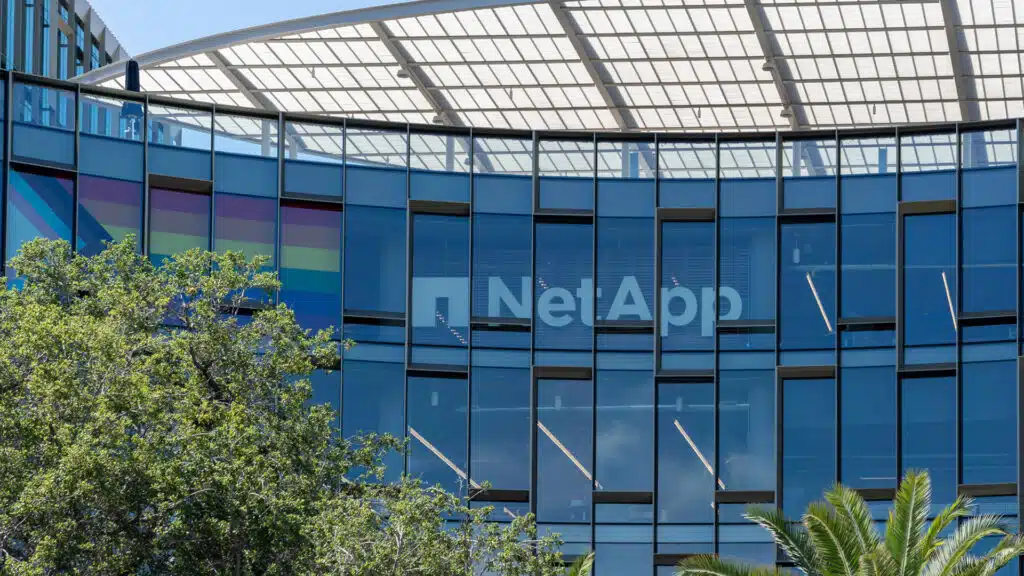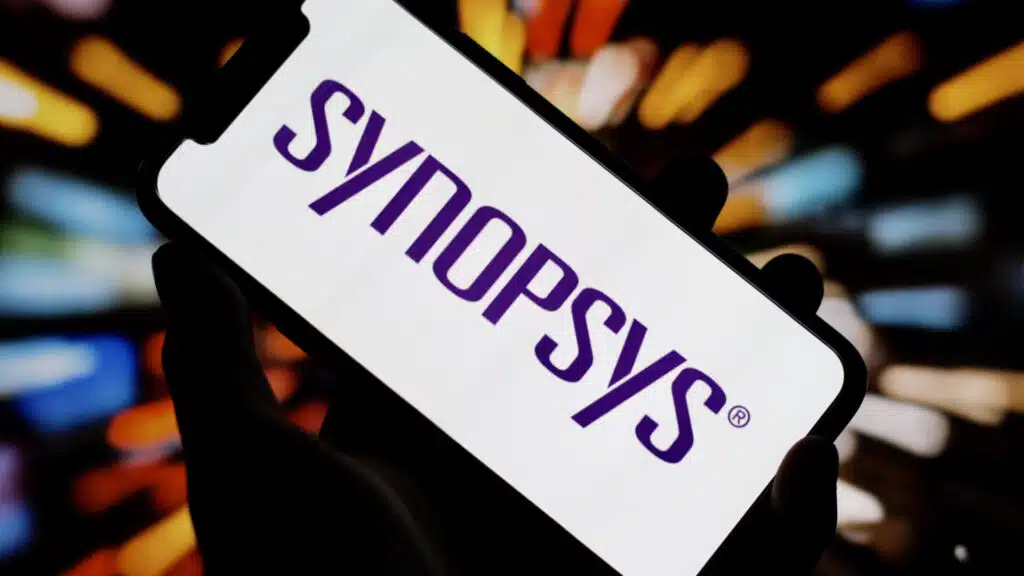The News: In February, the UK Research and Innovation (UKRI) Technology Missions Fund and the UK’s National Quantum Computing Centre (NQCC) announced the seven successful commercial applicants for £30 million in funding. In July, Infleqtion UK reported that it was the first company to install a quantum computing system at the NQCC’s headquarters on the Harwell campus in Oxfordshire. For additional details, see the “Infleqtion Leads the Way with First Quantum Computer Installation at NQCC” press release.
Quantum in Context: Infleqtion’s Quantum Computer Live at UK Testbed
Analyst Take: It’s no secret that today’s quantum computers are not yet powerful enough to solve problems better than classical systems. Indeed, with the growth of GPU-laden mega data centers for AI, it’s becoming easier to find proto-supercomputers for high-performance computing tasks. Across a broad range and variety of modalities, vendors and researchers are testing new methods to scale quantum computers while decreasing computation errors.
We do not build quantum testbeds to be commercial production machines. Instead, the testbeds allow scientists, engineers, and advanced end users to develop algorithms and test hypotheses regarding which hardware is most applicable to which type of problem.
I applaud the UK for its well-funded quantum testbed program and the competition, which yielded seven successful applicants across multiple technologies. Infleqtion UK, one of the winners, is the first company to install a system at the UK National Quantum Computing Centre (NQCC). I congratulate my former colleagues on this achievement and look forward to the innovation that will result from this intense environment for innovation.
The Competition
In February, two UK funding and innovation organizations, the UKRI and NQCC, announced that seven companies based in the UK or with UK subsidiaries had each won a share of £30 million (about US $38.5 million) to develop and install quantum computing testbeds by March 2025. The UK branch of Infleqtion, the company I worked for between March 2022 and March 2024, was one of the successful applicants and is the first of the seven to install a quantum computer at the NQCC headquarters in the Quantum Cluster at the Harwell campus in Oxfordshire. The cluster became operational in 2023. UKRI initially funded it with £93 million in a separate grant. One of the centre’s goals was to physically bring companies together across the quantum ecosystem to encourage partnerships and joint development.
The other successful applicants in the competition were Aegiq, ORCA Computing, Oxford Ionics, Rigetti UK, Quantum Motion, and QuEra Computing.
Of a historical note, Harwell was the site of a Royal Airforce base starting in 1937 and the location of the UK Atomic Energy Research Establishment and Europe’s first nuclear reactor starting in 1946.
So, what is a quantum testbed?
The Role of Quantum Computing Testbeds
Quantum computers, in some form, have been available in laboratories for a quarter of a century and have been on the web since 2016. While many anticipate reaching Practical Quantum Advantage for computing within the next decade, there is much work scientists and engineers must do to improve the quality and number of physical qubits. We must then connect groups of them in multiple Quantum Processing Units (QPUs) to each other. These activities lay the groundwork for building fault-tolerant error-corrected logical qubits from hundreds of physical ones.
Quantum error correction combines computer science, physics, and engineering. On top of the quantum systems, with either physical or logical qubits, researchers are developing algorithms they hope will scale to solve currently intractable problems for classical technology alone.
The testbeds at NQCC will include systems employing neutral atom (Infleqtion UK and QuEra Computing), trapped ion (Oxford Ionics), photonic (Aegiq and ORCA Computing), superconducting (Rigetti UK), and silicon (Quantum Motion) qubits. Hands-on access to all these systems, starting with Infleqtion’s, will allow researchers to test new ideas for error correction and quantum circuit optimization, and help determine which kinds of algorithms run best on which hardware. This knowledge should accelerate how quickly we can prove quantum superior to classical for some of the societal and business use cases we care about.
Infleqtion and Its Quantum Computing Technology
Infleqtion was founded as ColdQuanta by Professor Dana Anderson in the United States in 2007 in Boulder, Colorado. Its technology employs neutral or cold atoms for several application areas, including SqorpiusTM quantum computers, TiqkerTM atomic clocks, SqyWireTM quantum Radio Frequency receivers, quantum inertial sensors for Positioning, Navigation, and Timing (PNT), and components such as atomic prisms, cold atom source cells, and the desqtopMOTTM magneto-optical trap. Its products and prototypes typically use cesium and rubidium atoms laser-cooled close to absolute zero. Matthew Kinsella has been the CEO of Infleqtion since April.
On the software side, Infleqtion acquired Super.Tech in 2022. Superstaq is a multi-platform quantum circuit and application optimizer that works with Qiskit, Cirq, and other quantum software development kits and APIs.
Key Takeaway
The UK has clearly staked out a leadership position by bringing Infleqtion hardware and software together with that of other vendors at the Harwell quantum testbed. While we can often do quantum work on the cloud, scientists and engineers must have direct access on-premise for efficient innovation and development. The testbed provides a smorgasbord of qubit types and system architectures. Infleqtion has won the first stage of the UK testbed race. Who will be second? What will be the first innovations we see coming out of Harwell?
Disclosure: The Futurum Group is a research and advisory firm that engages or has engaged in research, analysis, and advisory services with many technology companies, including those mentioned in this article. The author is a former employee of Infleqtion and holds an equity position in the company. The author does not hold an equity position in any other company mentioned in this article.
Analysis and opinions expressed herein are specific to the analyst individually and data and other information that might have been provided for validation, not those of The Futurum Group as a whole.
Other Insights from The Futurum Group:
Quantum in Context: Infleqtion Key to UK Quantum PNT Tech Test
Quantum in Context: The Case for On-Premises Quantum Computers
Quantum in Context: Extreme Software Optimization with Superstaq
Quantum in Context: A Qubit Primer
Author Information
Dr. Bob Sutor is an expert in quantum technologies with 40+ years of experience. He is the accomplished author of the quantum computing book Dancing with Qubits, Second Edition. Bob is dedicated to evolving quantum to help solve society's critical computational problems.






